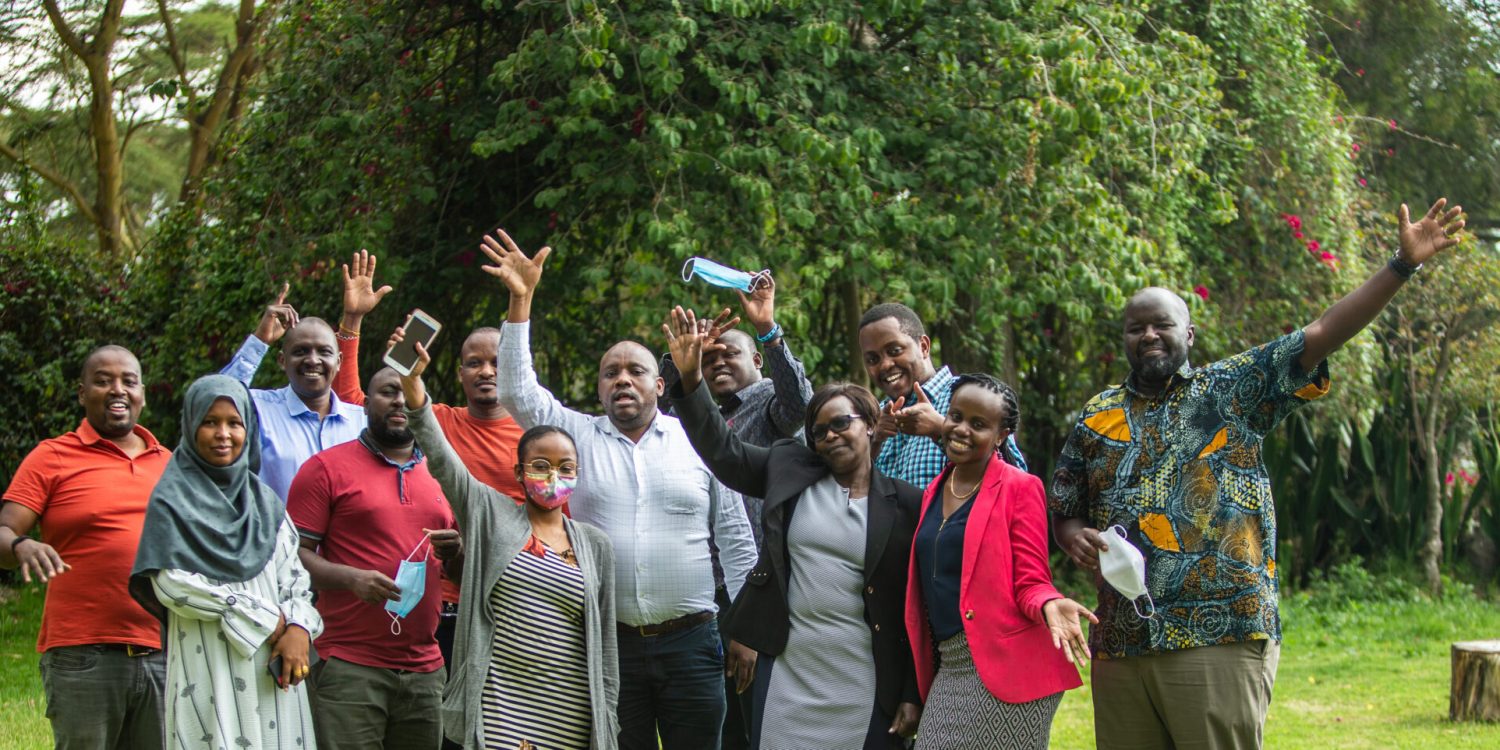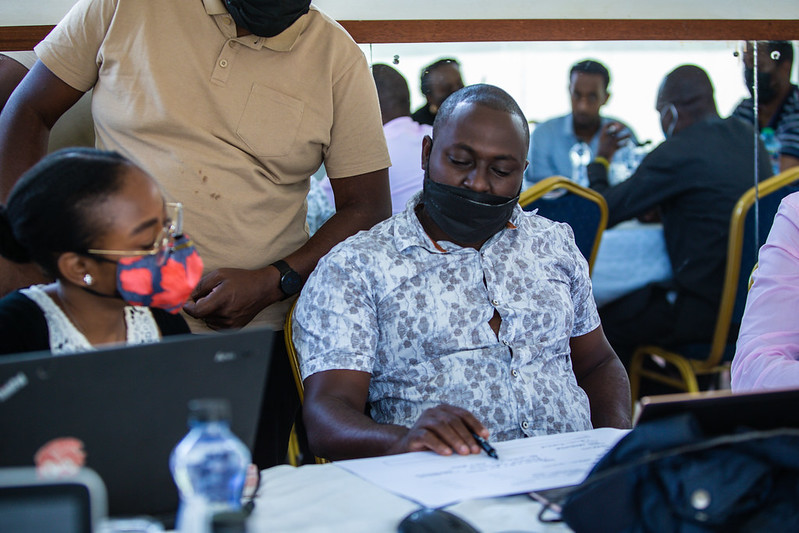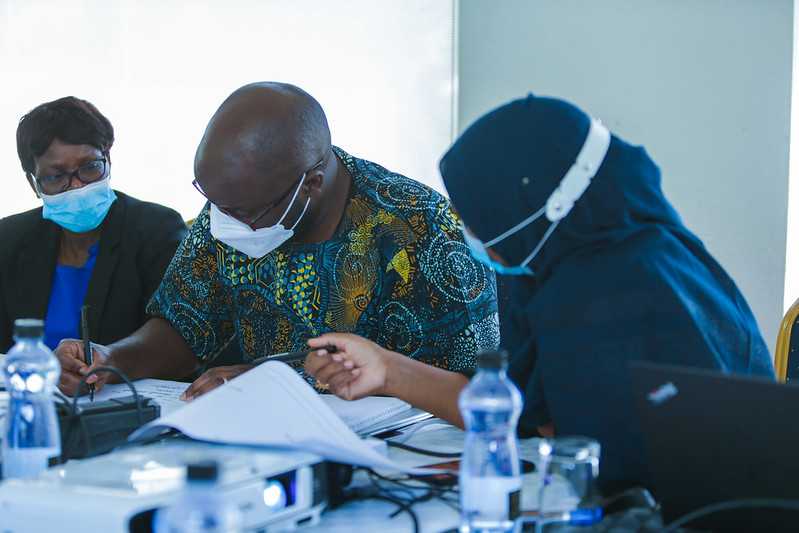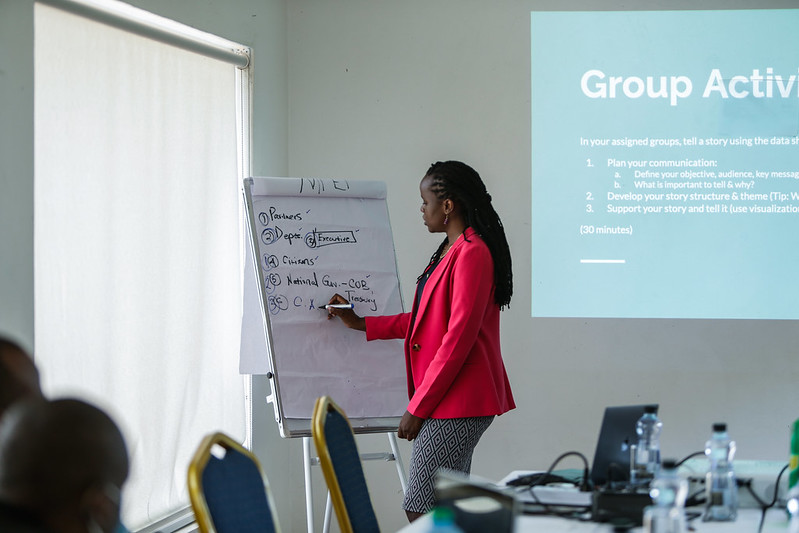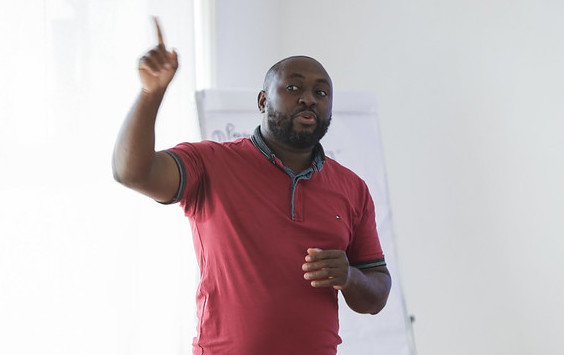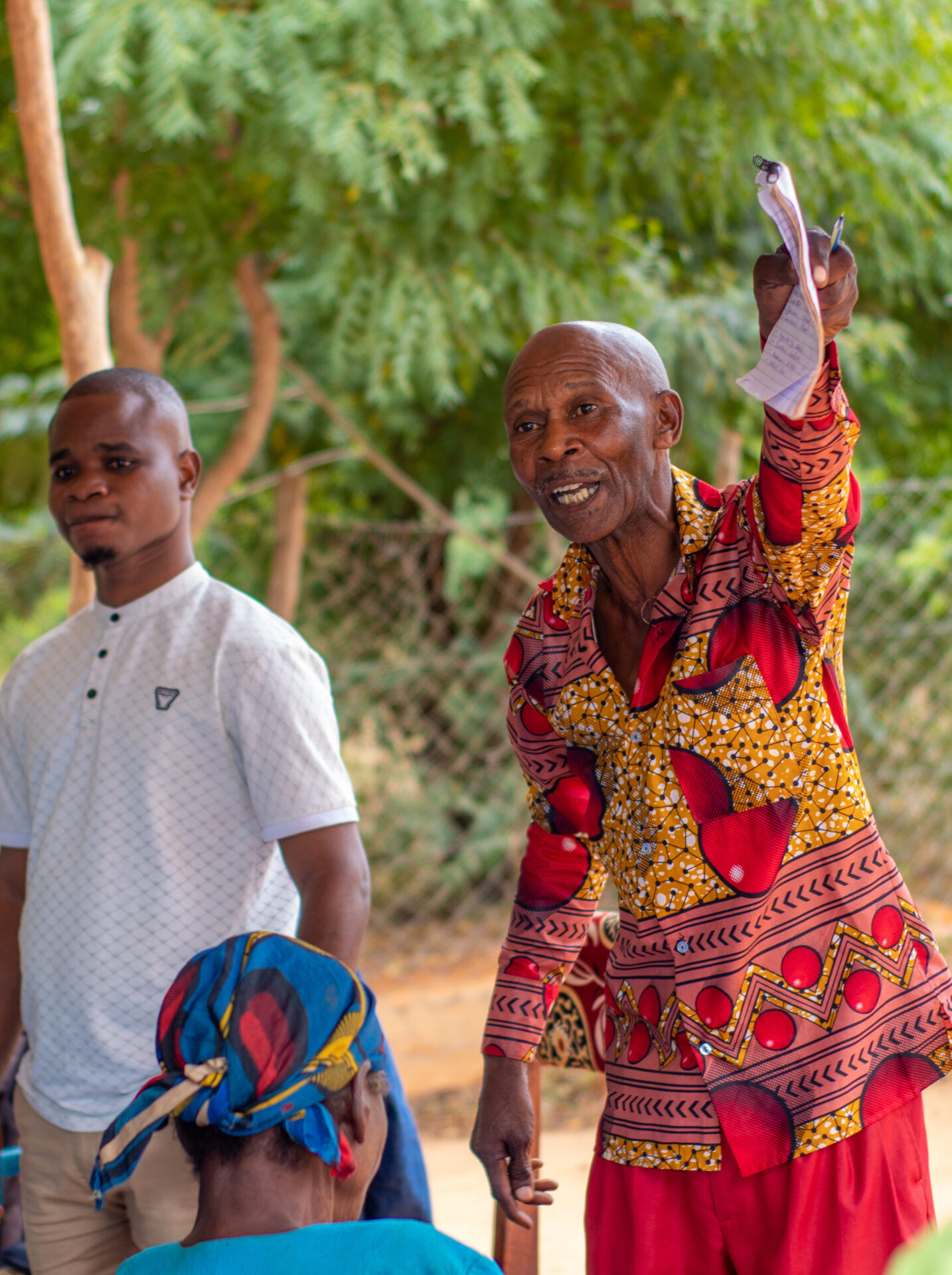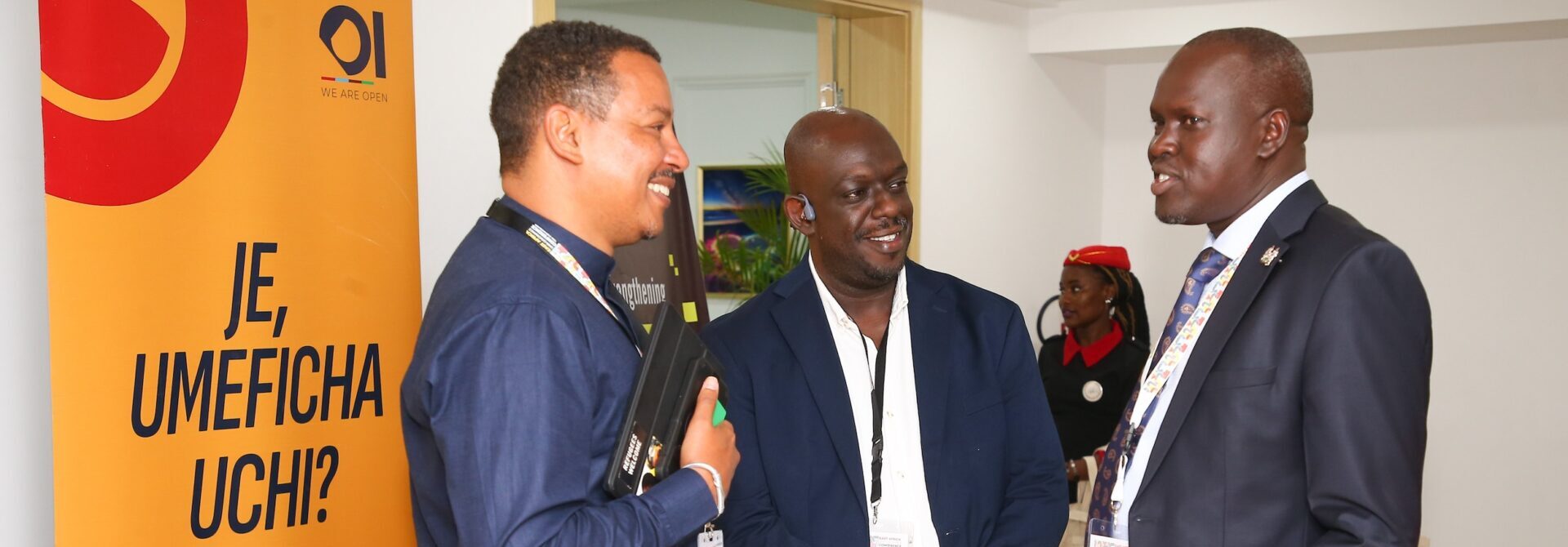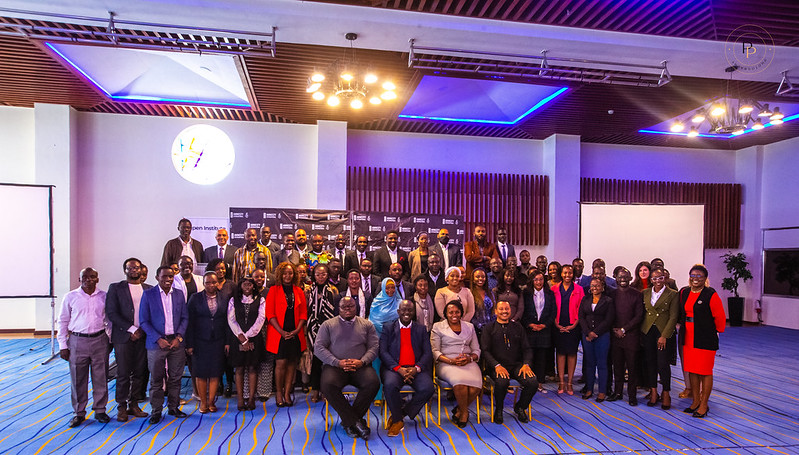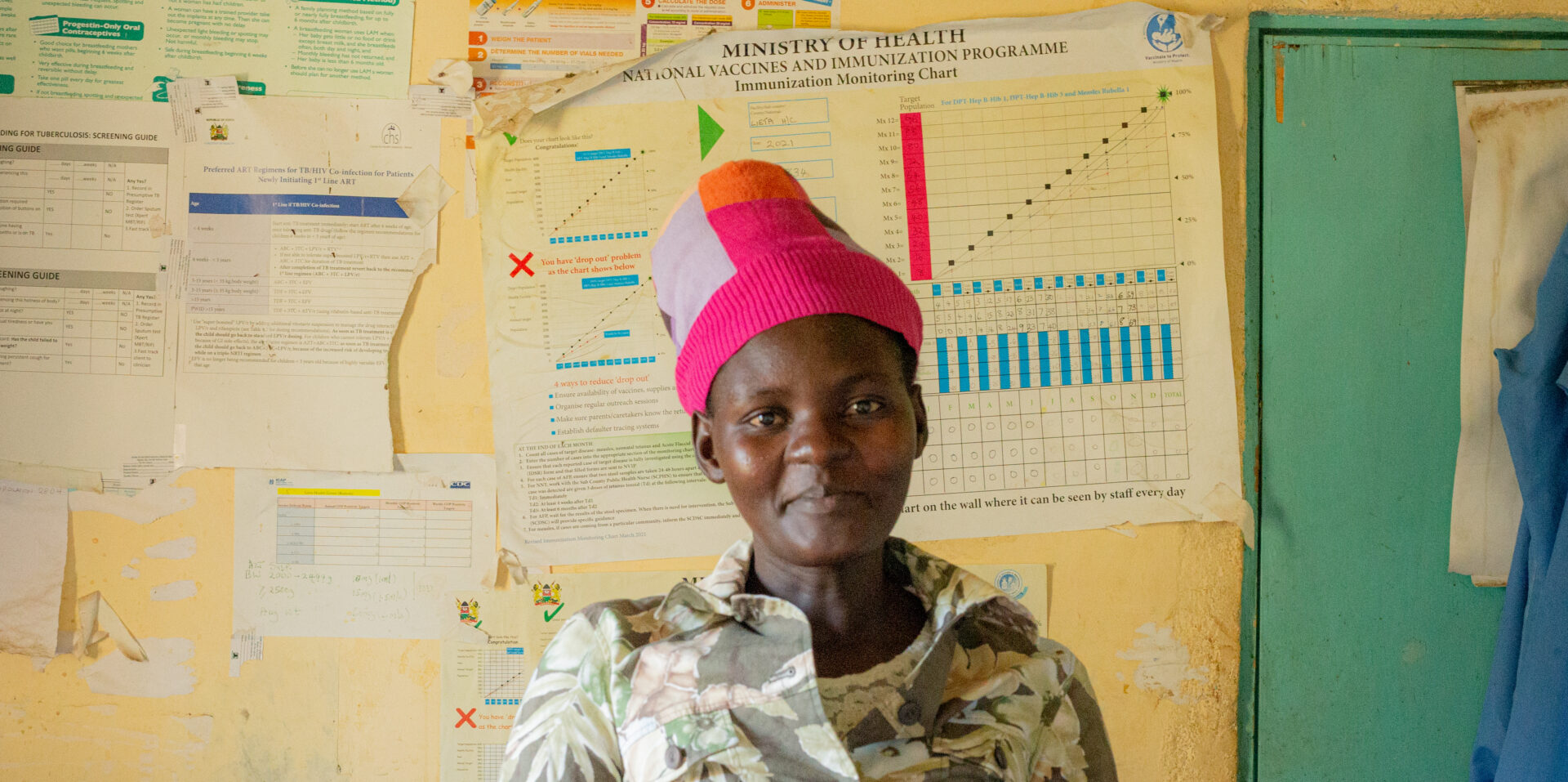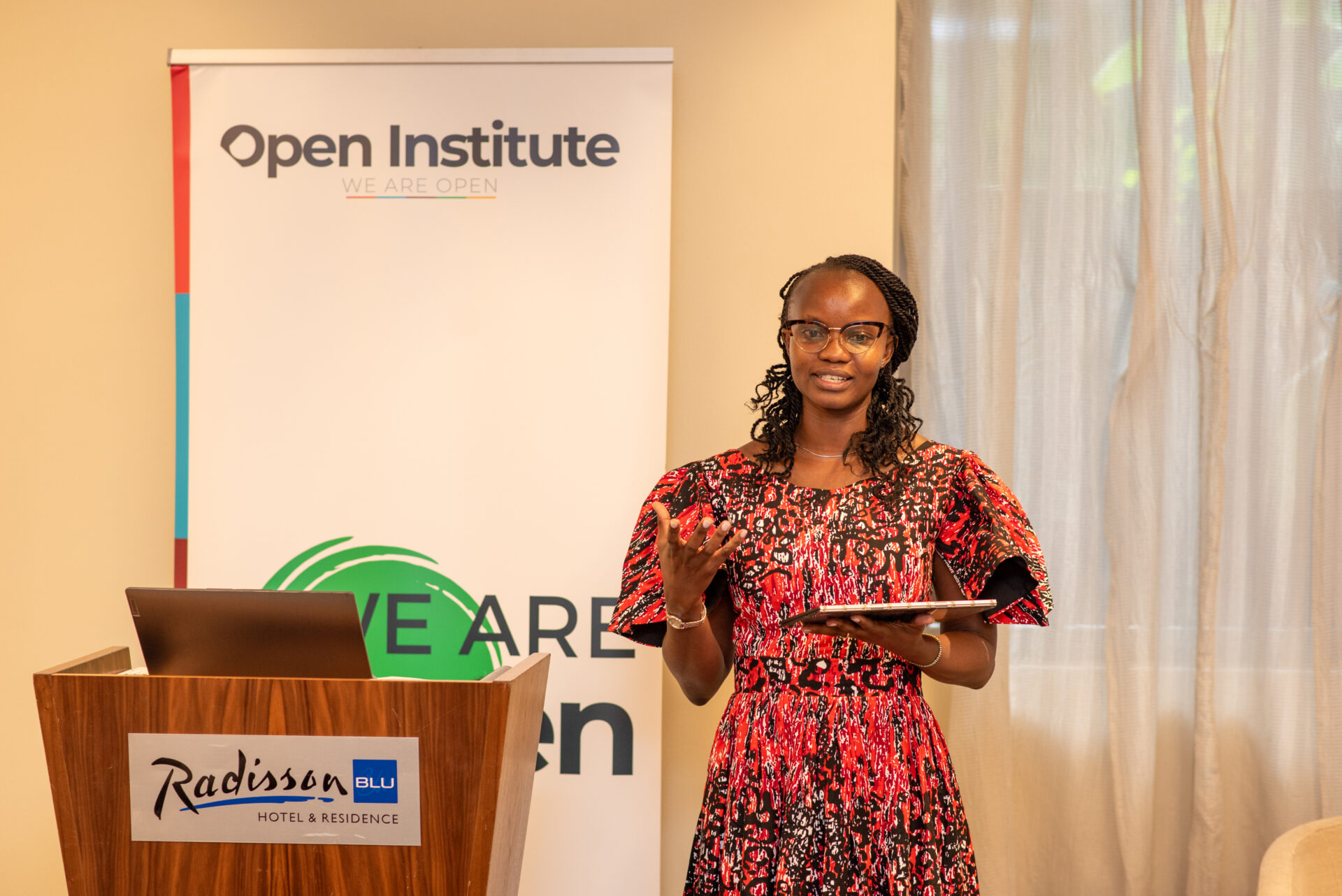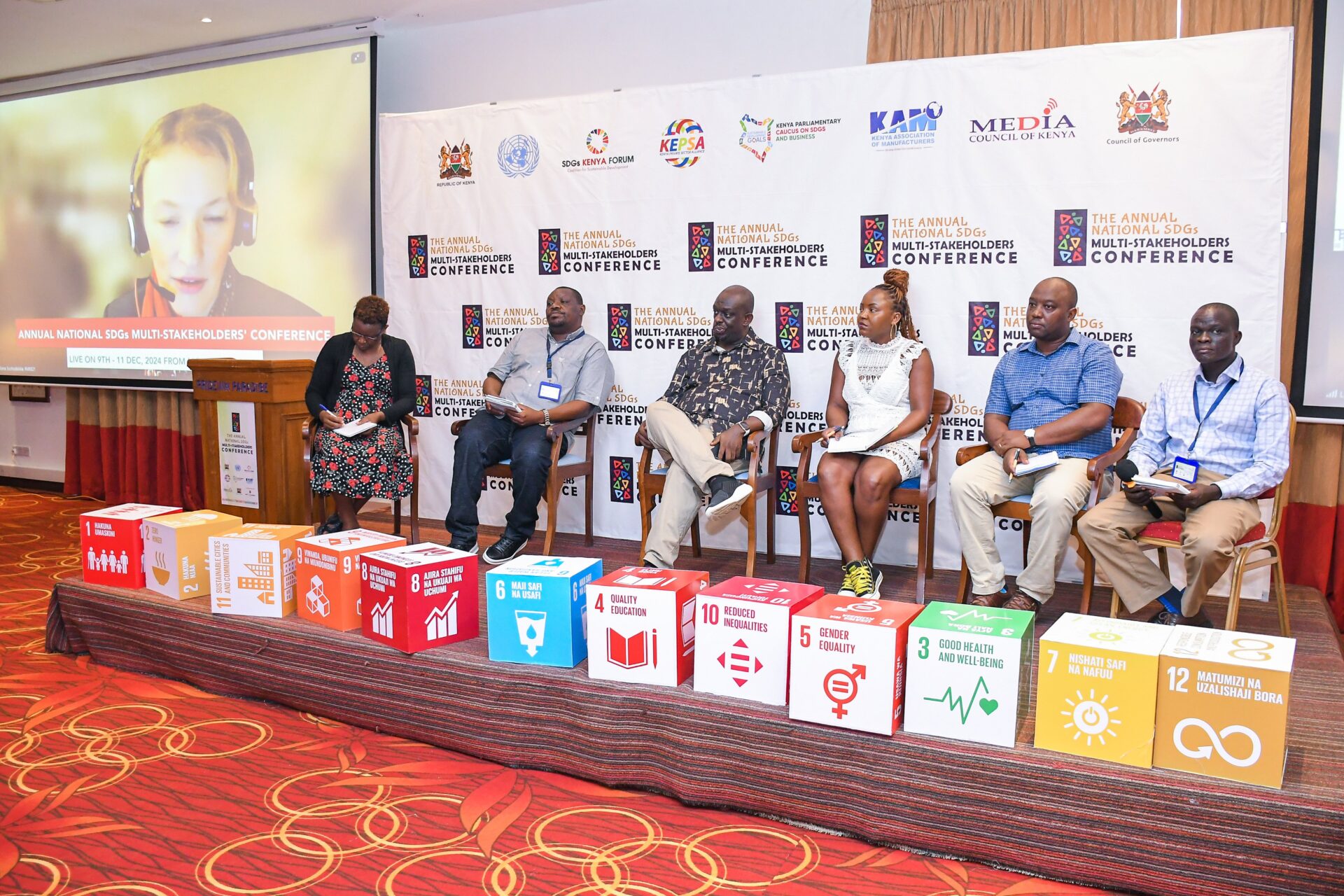We were excited to meet our “virtual” fellows face-to-face, when we held the second data leaders fellowship programme, this time, at a physical location. On 29th September 2021, the data fellows landed at Lake Naivasha Country Club and together with the Open Institute team, we began to set the stage for the next two days of engagements. It was great to interact with all the data fellows we have been working closely with throughout this programme. Since every county is different, we can only add value to their work in the county departments of finance and economic planning by taking time to get to know what their unique contexts are, particularly regarding data management. It didn’t take long for the data fellows to echo the same sentiments: with David Lesamana from Samburu County expressing that, indeed, there is more connection when people see each other face to face.

Though not able to be physically present, our Executive Director, Al Kags, started off with a welcoming statement encouraging the Chief Officers to continue implementing the programme in their counties.
The data fellows also expressed their expectations of the workshop and sought to gain a deeper understanding of some of the topics that had been covered over the period of the online learning. Of particular interest was the mapping of stakeholders through creating user personas, in addition to the other topics covered. Eliud Munyao from Makueni County was impressed that some of the new terms brought out during the fellowship had shed more light and given context to the work that they do, broadening understanding and making it all the more interesting.
When you bring everything together, especially using data, it all makes sense.
Felix Sambu, Chief Officer, Finance & Economic Planning, Nandi County
One of the key deliverables for us during the workshop was to make sure that each of the counties represented gained an understanding and rationale for the ongoing data maturity assessment. We wanted to have the counties also give input to the data so far collected and take in their views as we work to develop the report at the end of the activity. Together with Qhala, we presented the findings across the governance, education, health and agriculture sectors in the counties. From the feedback, the data fellows cautioned against using ratings and rankings across counties that may have different priorities and levels of development. In Mandera county, for example, one of the highest priorities is security, given that the region is a border county, yet this is not an indicator in the DMA.
Samburu County stood out as a success story in digitization of agricultural data, an area that is lagging behind in most counties, to the delight of Samburu’s data fellow, David Lesamana. Interestingly, in most counties surveyed, there is a gap in collecting data on children with special needs, a crucial need towards allocating budget support for PWDs to ensure that no one is left behind.

After the findings were discussed, we held a Buntwani style feedback session, where each of the data fellows gave their thoughts into the development of the report, and for those counties that had not yet been assessed, some logistical matters were ironed out.
It wasn’t all talk and no games though: we had some group activities that illuminated the concept of defining your stakeholder and communicating effectively with them. Defining a persona was one of the highlights of the workshop as the fellows expressed how interesting and eye-opening the exercise was. On the second day, we went deeper into how to target the specific personas and craft communication of data to that audience effectively, with some amazing group presentations at the end of the exercise. As we brought the discussion home showing some of the data technologies and tools we have created for effective data management, the data fellows’ interest in the implementation of these systems that would make work easier in matters of data in their county departments was palpable.
One of the highlights of the workshop on the second day was the discussion on Makueni County’s public participation model, led by Eliud Munyao. It was very illuminating to hear how Makueni has worked hard to make sure that decisions are made from the ground up, literally, from the village level up to the county level. In Makueni, development is led by the citizens.
Our county, our projects
Eliud Munyau, Chief Officer, Economic Planning, Budget and Revenue, Makueni County
Makueni’s CIDP 2018-2022 is also unique from other counties because they needed to make sure public participation was supported in project implementation.
As the workshop drew to a close on the second day, it was apparent that there is demand for counties to establish statistical units set up to handle matters of policy research and statistics. All the data fellows echoed the importance of initiating the process of establishing county statistical units as the departments of economic planning, saying “it starts with us”.
We are encouraged that county departments are starting to recognise the importance of establishing data desks, centralised frameworks for managing and accessing county data. This is a cause that has been dear to our hearts for years now, and having established the first county data desk in Elgeyo Marakwet, we are eager to realise the dream as we work to replicate the model in other counties.
Visit our Flickr page to see more photos from the workshop

